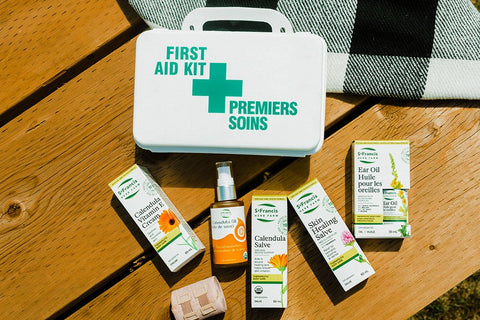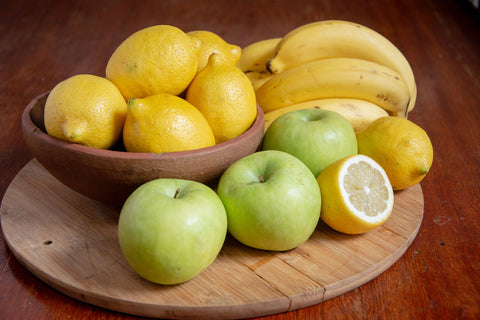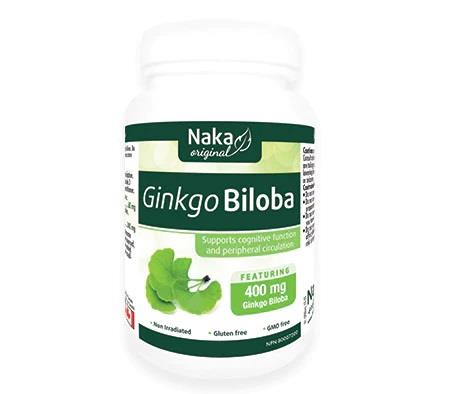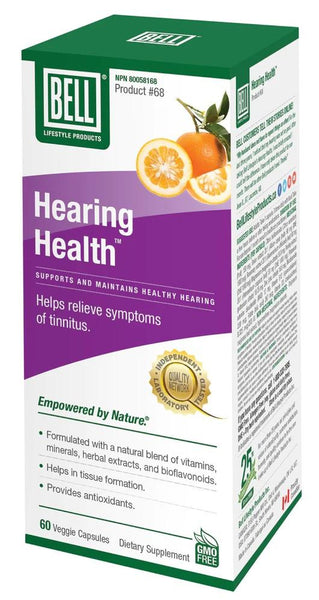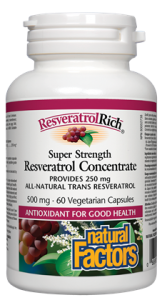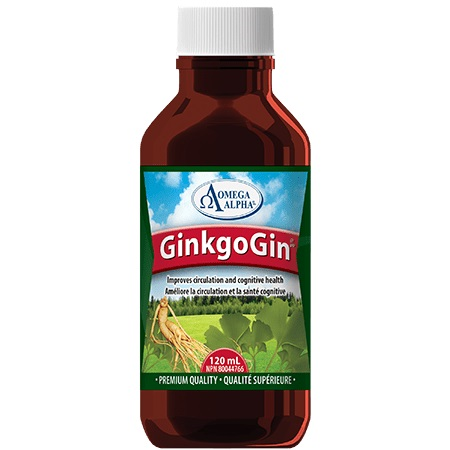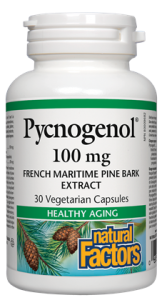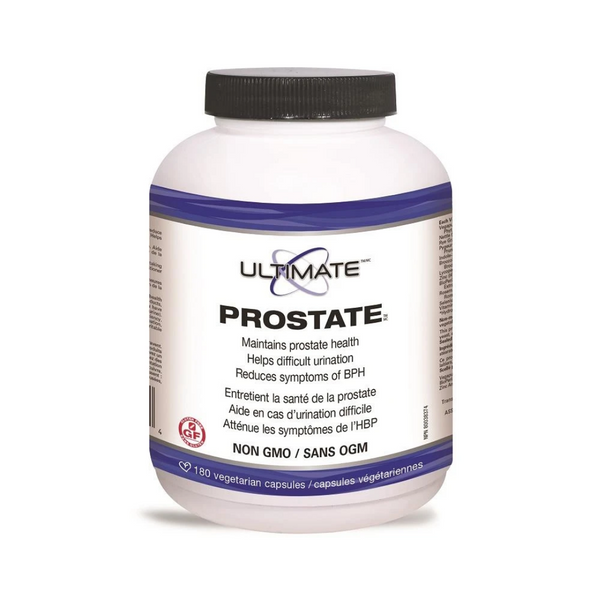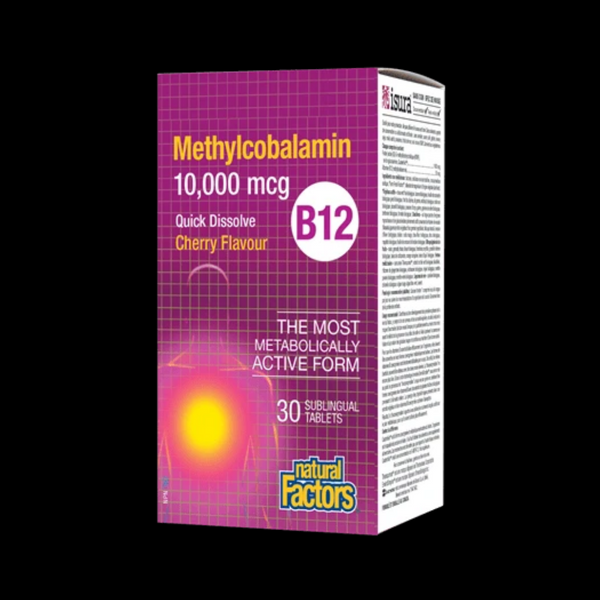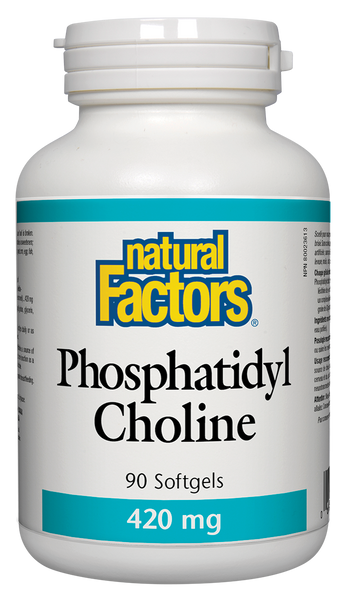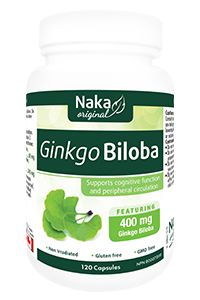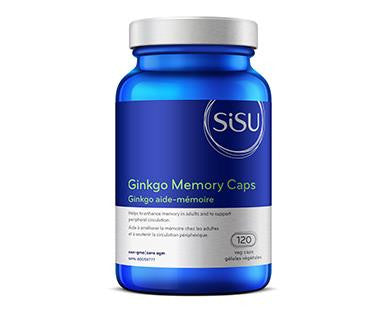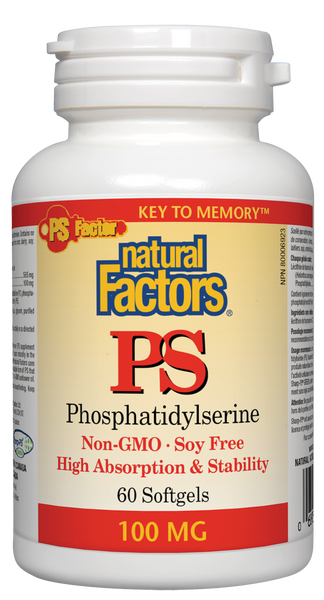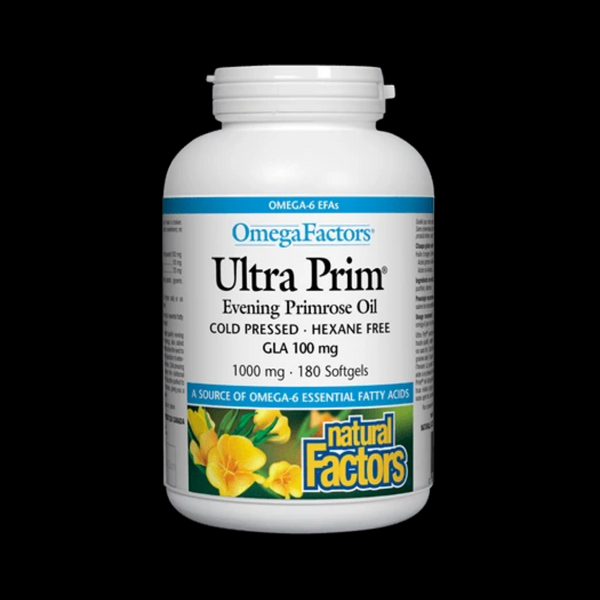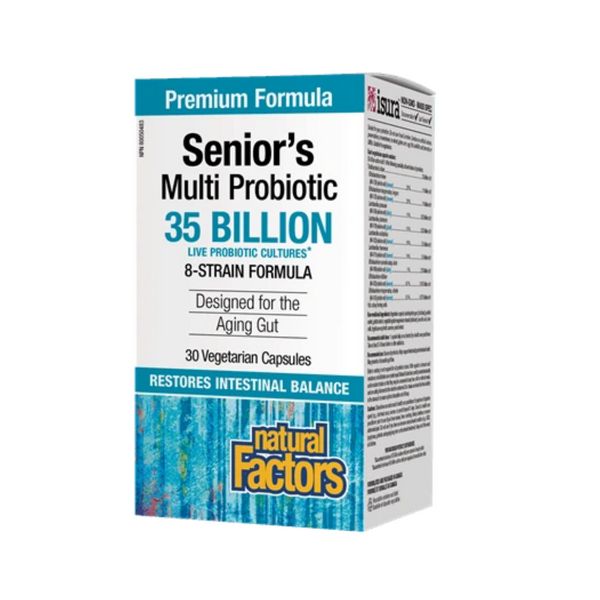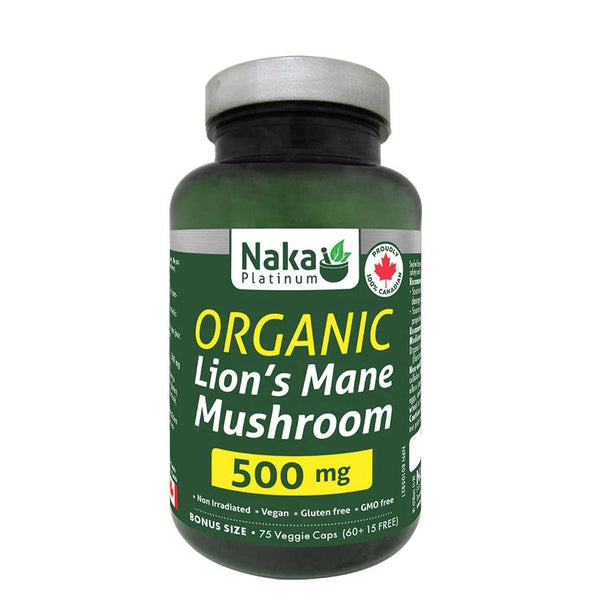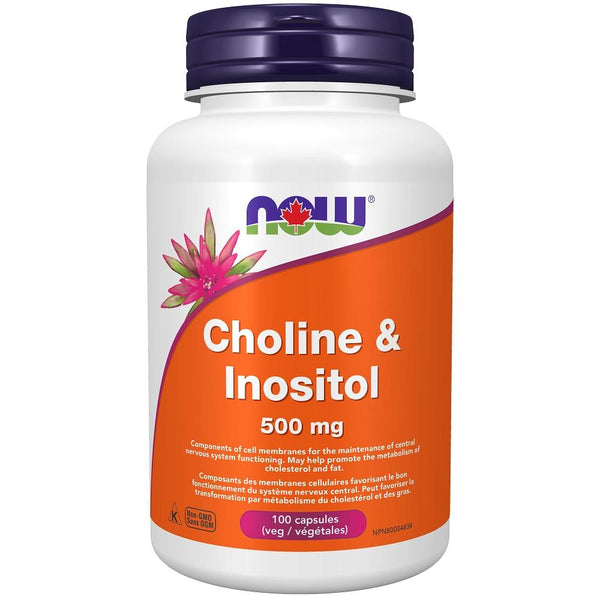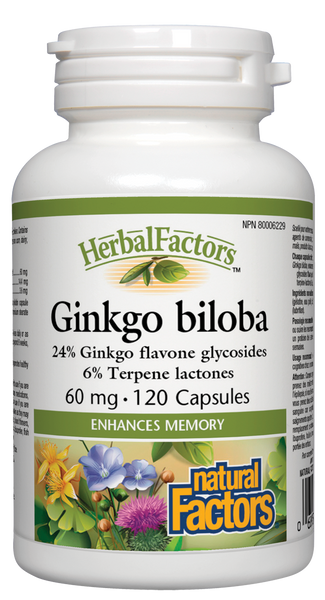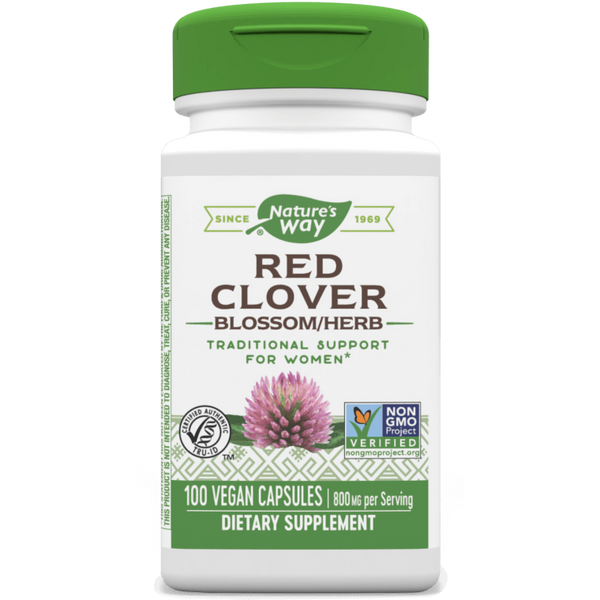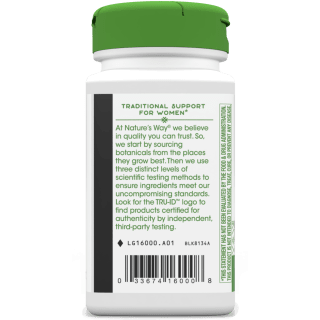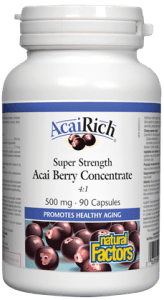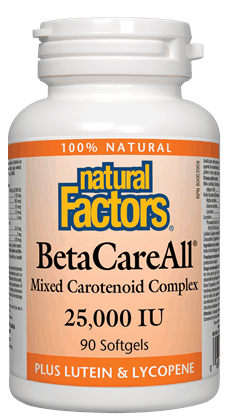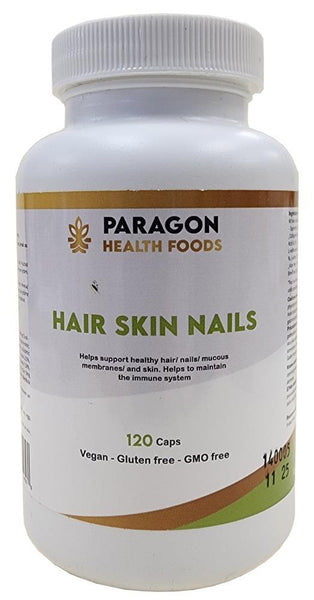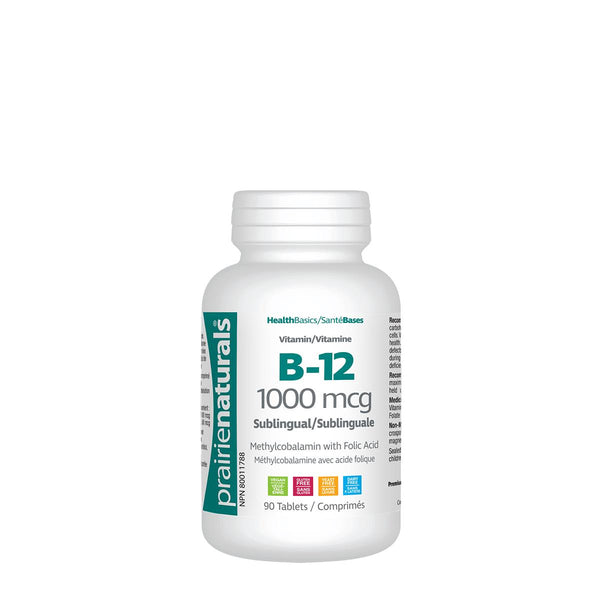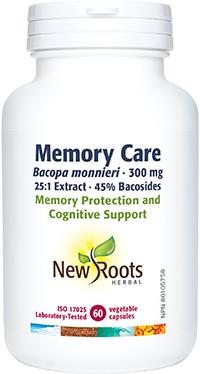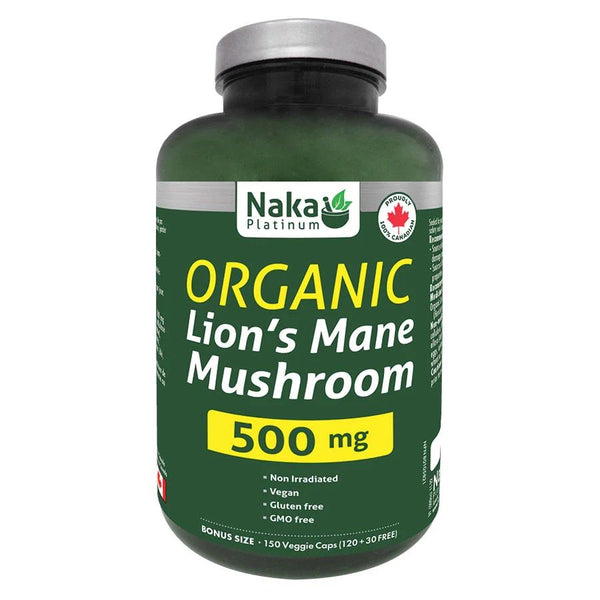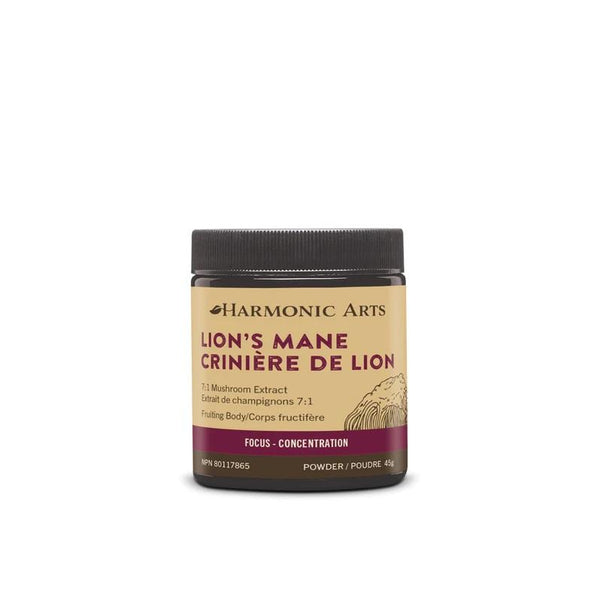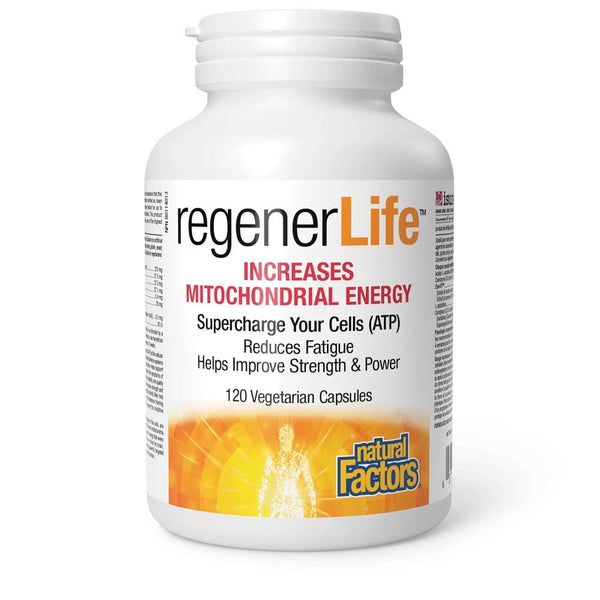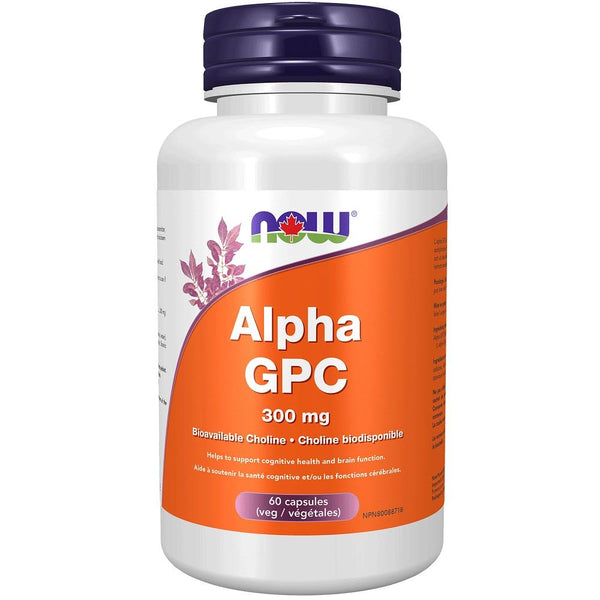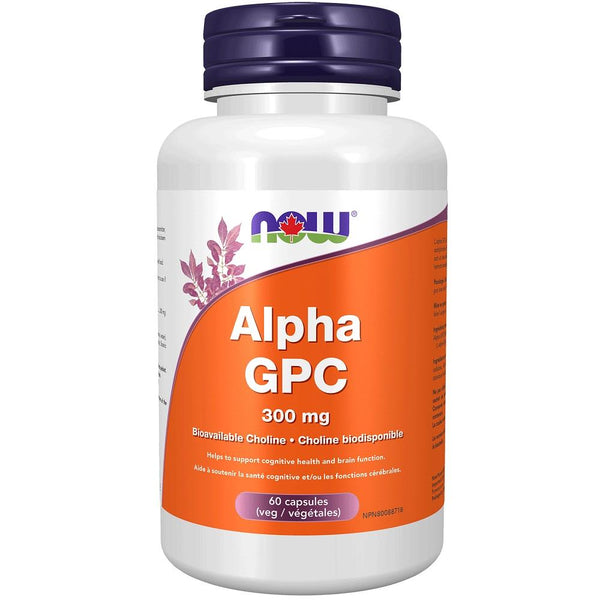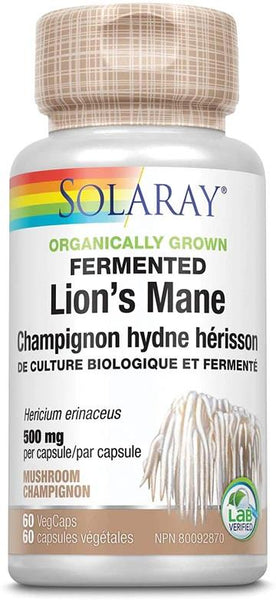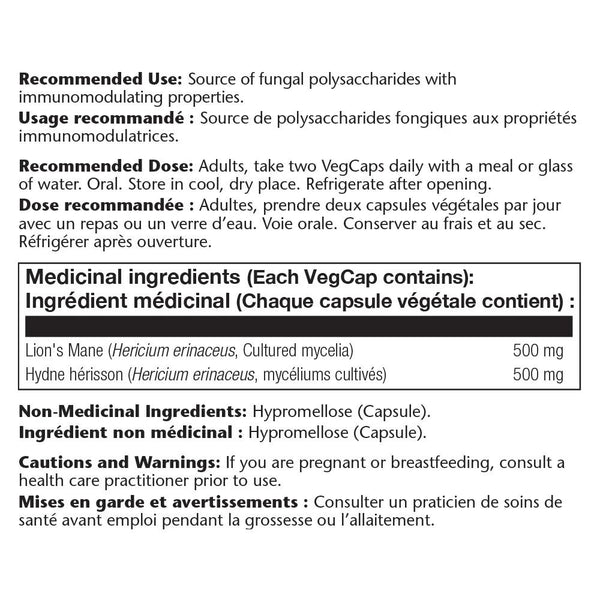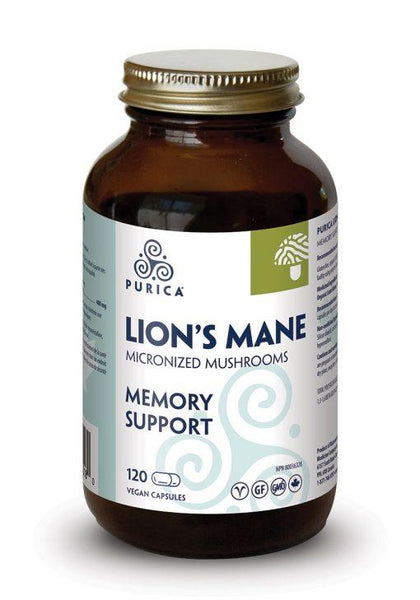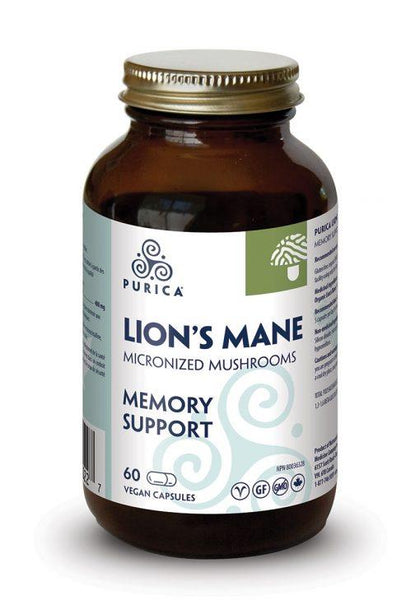Natural Factors TOTAL BODY COLLAGEN UNFLAVOURED 500 G
Natural Factors TOTAL BODY COLLAGEN
UNFLAVOURED
500 G(NPN#80080631)
FEATURE SUMMARY
Total Body Collagen is a unique formula featuring hydrolyzed collagen, hyaluronic acid, L-tryptophan, L-glutamine, vitamin C, and biotin – essential nutrients that promote healthy skin, muscles, and connective tissue.
Hydrolyzed collagen promotes collagen synthesis and has been shown to help reduce joint pain associated with osteoarthritis. Collagen and hyaluronic acid work together to provide structure, strength, and resilience in the body’s tissues, and are vital for maintaining hydration in the joints. This formula also supports muscle growth and recovery, helping physically active people to build lean muscle mass.
Collagen can also help reduce visible signs of aging, such as wrinkles and fine lines, and together the nutrients in Total Body Collagen support wound healing, immune function, antioxidant activity, and nutrient metabolism, with benefits for skin, hair, and nails.
Total Body Collagen contains highly digestible, non-GMO hydrolyzed collagen from pasture-raised and grass-fed cattle and clinically studied Verisol®. It comes in tablets, two great-tasting flavours and unflavoured powder to promote healthy skin, connective tissues and joints from the inside out. bone broth
NUTRITIONAL FACTS
Each serving (13 g scoop) contains:
Hydrolyzed collagen (bovine).............................10 g
Hyaluronic acid ..............................................50 mg
L-tryptophan ................................................100 mg
L-glutamine ..................................................500 mg
Vitamin C (calcium ascorbate, dihydrate) ……..60 mg
Biotin ..........................................................500 mcg
RECOMMENDED ADULT DOSE
1 serving daily or as directed by a health care practitioner. Mix product well in 1–2 cups of liquid (water, juice, etc.) immediately before consumption. For joint pain associated with osteoarthritis: Use for a minimum of 5 months to see beneficial effects.
Cautions
Consult a health care practitioner prior to use if you are pregnant or breastfeeding, have liver or kidney disease, or if you have been instructed
to follow a low protein diet. Consult a health care practitioner if symptoms worsen. Some people may experience mild gastrointestinal disturbances such as diarrhea, abdominal pain, heartburn, nausea, and vomiting, in which case
discontinue use. Ensure to drink enough fluid before, during, and after exercise. Keep out of the reach of children.
HOW IT WORKS
Collagen is vital for wound healing and helps maintain healthy blood vessels and bone mineral density through its effects on bone-building cells (osteoblasts) and chondrocytes.
Verisol is a form of hydrolyzed collagen, where the bonds between proteins and peptides have been loosened, supporting their absorption. Hydrolyzed collagen can help prevent the breakdown of elastin fibres and encourage homogenous distribution of these fibres in the dermis for healthier skin.
Vitamin C is essential for collagen production and is needed for hydroxylation, a process that prevents collagen from becoming deformed, weak, and damaged. Collagen synthesis also relies on biotin and essential amino acids including L-glutamine and L-tryptophan. These nutrients work together, alongside hyaluronic acid, to guard against the breakdown of elastin fibres and to support the healthy production of collagen fibres for strong, supple, and resilient tissues.
Vitamin C and collagen also act as antioxidants to help protect against oxidative damage to cells and to inhibit the breakdown of connective tissue and bone. Collagen and hyaluronic acid help maintain hydration in the skin and joints, reducing visible signs of aging and helping to cushion joints and reduce joint pain associated with osteoarthritis.
Biotin, and the essential amino acids glutamine and tryptophan, are required for numerous metabolic and biochemical processes including protein synthesis, immune function, energy metabolism, and recovery after exercise and physical trauma.
RESEARCH
Collagen is the most abundant protein in the human body, accounting for around 75% of the dry weight of the dermis and creating structure, strength, and resilience in skin, joint cartilage, gums, teeth, blood vessels, and bone (Pati, 2010). Hyaluronic acid (HA) is also a key component of connective tissue and skin where it acts as a cushion and lubricant, helps with the transport of nutrients, supports healing and a healthy inflammatory response, and may inhibit the breakdown of joint tissue (Goa & Benfield, 1994).
Collagen is well absorbed, accumulates in cartilage, stimulates the creation of joint and bone tissue scaffolds, and can reduce pain and improve mobility in people with osteoarthritis and athletes (Clark et al., 2008). Several studies have demonstrated collagen’s benefits for joints, including a six-month study where 51.6% of people using collagen for joint pain had significant improvements compared to 36.5% in the placebo group (Bruyère et al., 2012).
Collagen synthesis starts to decline around the age of 30, which can lead to dry, weak, and thin skin and connective tissue that is more vulnerable to damage. Over time, the loss of firmness and elasticity in connective tissues and skin can result in sagging, wrinkles, and increased susceptibility to injury and joint pain.
In one clinical trial, women aged 35–55 who received 2.5 g or 5 g of hydrolyzed collagen daily had improved skin elasticity and increased skin moisture within four weeks, compared to placebo, with the positive effect on skin elasticity persisting even four weeks after treatment ended (Proksch et al., 2014a).
In another study, women aged 45–65 who received 2.5 g of hydrolyzed collagen for eight weeks had a significant reduction in eye wrinkle volume after four weeks and a higher skin content of procollagen type I (65%) and elastin (18%), compared to the placebo group (Proksch et al., 2014b).
Biotin is a B vitamin that is essential for numerous enzyme systems in the body. It is needed for conversion of food into energy, and is involved in the synthesis of the fatty acids that help maintain healthy skin cell membranes and hydration, preventing dry skin conditions such as dermatitis (Mock, 1991). Biotin helps promote strong, healthy nails, skin, and hair, and has been shown to increase nail thickness and prevent splitting and brittleness (Scheinfeld et al., 2007).
When combined with resistance training and a healthy diet, L-tryptophan and L-glutamine support muscle protein synthesis to help build lean muscle mass, making these amino acids especially important for athletes and support after a workout, injury, or surgery (Wilmore, 2001)

